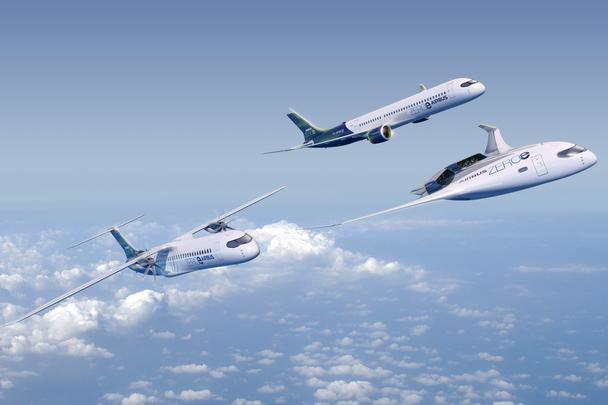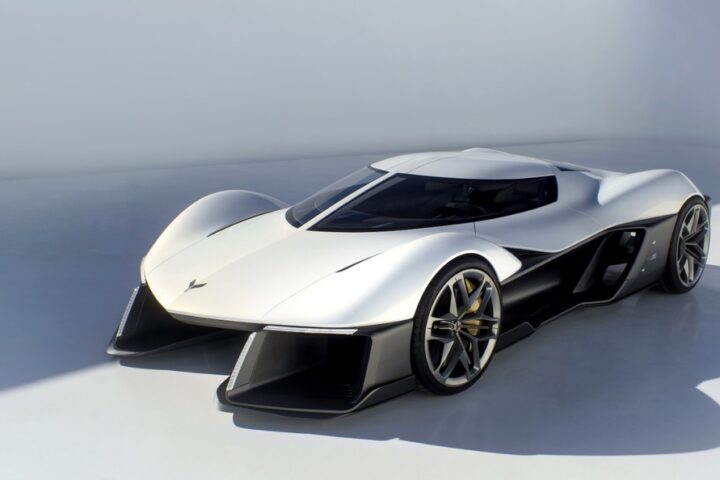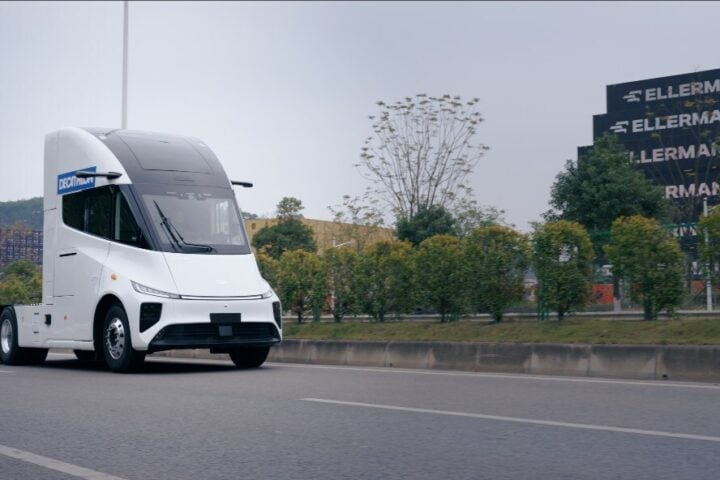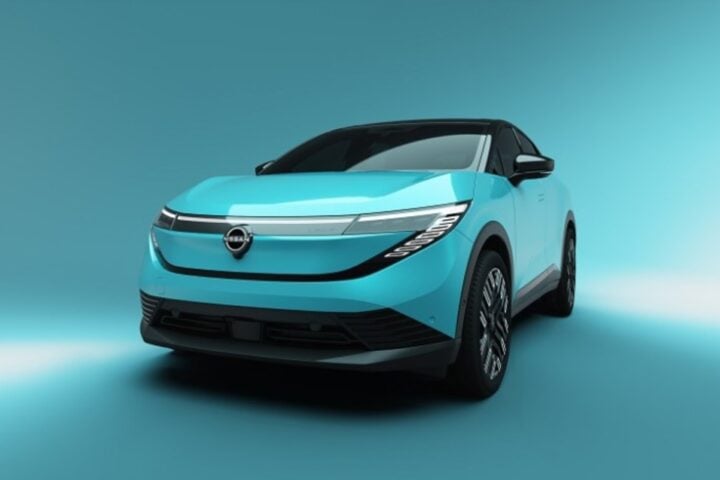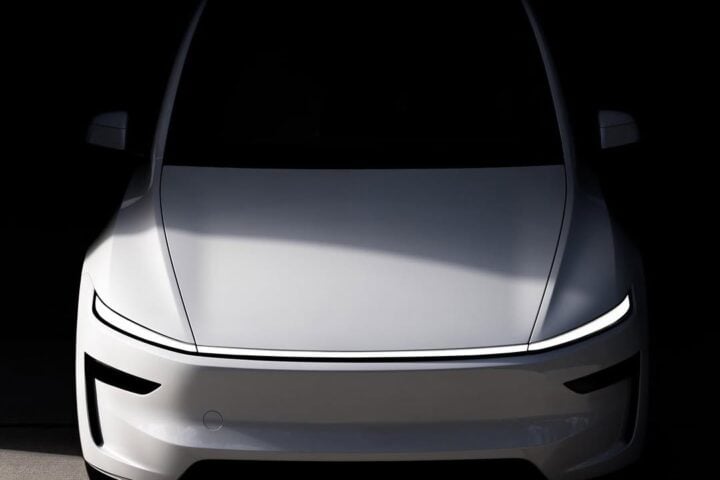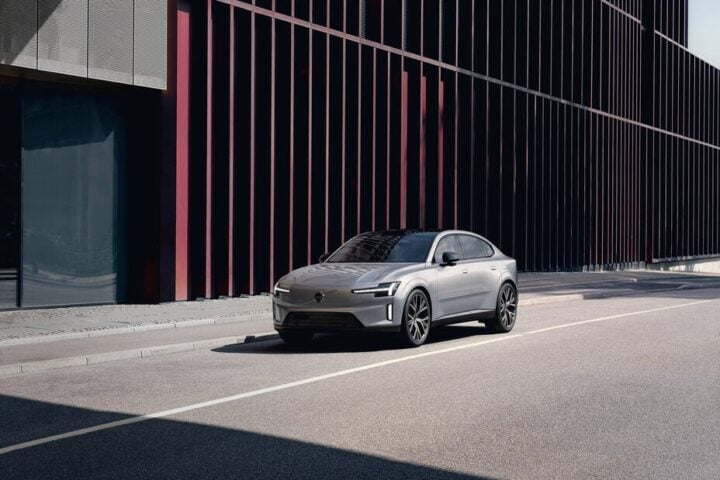- Airbus has made a substantial stride towards zero-emission aviation with the successful bench test of a 1.2MW hydrogen fuel cell, proving the viability of hydrogen fuel cell engines for their ambitious ZeroE program.
- Utilizing hydrogen not just for propulsion but also for non-propulsive systems, the HyPower project aims to power onboard systems such as air conditioning and lighting, potentially reducing an aircraft’s kerosene consumption by up to 5%.
- With successful experiments and ongoing projects like NPE, Airbus is pioneering a hydrogen ecosystem in aviation, although the transition to a fully hydrogen-powered aviation industry presents complex challenges that need robust solutions.
ZeroE Program: A Leap Towards Emission-Free Aviation
In an effort to revolutionize the future of aviation, Airbus, the European aerospace giant, has successfully bench-tested a 1.2MW hydrogen fuel cell, achieving a crucial milestone in their ambitious ZeroE program. The project is set to pioneer three zero-emission aircraft by 2035, one of which envisions a 100-seat aircraft that could fly up to 1,850 kilometers using six hydrogen fuel cell engines. The successful test marks a significant step in proving this model’s viability.
The achievement, announced at the recent Paris Air Show, has been hailed as the most potent fuel cell experiment in the aviation industry worldwide. Airbus has thus set a new global standard, hinting at a future where hydrogen-powered commercial flights are no longer mere pipe dreams.
ArianeGroup and HyPERION: Unlocking Hydrogen Combustion
Another praiseworthy stride in this journey comes from ArianeGroup, Airbus’s joint venture with Safran. They successfully proved the concept of a hydrogen ‘conditioning system’ to power an aircraft turbine engine. This system, designed to condition hydrogen from its incredibly cold storage state to an optimal temperature for combustion, is a fundamental step toward realizing Airbus’s hydrogen combustion (H2C) technology roadmap by 2035.
ArianeGroup’s initiative, named HyPERION, interestingly repurposes equipment previously designed for space applications, reflecting the adaptability and cross-industry potential of such technologies.
Similar Post
Fuel Cell Rig at Ottobrunn: A Ground-Breaking Testbed
An essential part of this aviation transformation is the fuel cell rig at Airbus’s Ottobrunn facility near Munich. This testing platform has allowed Airbus to scrutinize various power levels across different flight profiles. For the first time, a full flight profile was simulated, from engine power on, taxiing, takeoff, to max power and cruise, and finally descent.
Despite the ground-based limitation of the rig, Airbus has gained significant insights and continues to push boundaries. However, questions arise. How will these fuel cells handle the harsh and changing environment at higher altitudes? Can they sustain extreme conditions and ensure the safety and comfort of passengers? The next phase of testing on Airbus’s A380 testbed might provide some answers.
Aiming at Auxiliary Power: The HyPower Project
Airbus is not limiting hydrogen application to propulsion alone. The HyPower project, another innovative venture, aims to fly a hydrogen fuel cell system onboard a modified A330 by 2025. The objective is to power non-propulsive systems like air conditioning, lighting, and avionics, potentially decreasing the kerosene consumption of an aircraft by up to 5%.
However, considering the safety implications of storing and using hydrogen onboard an aircraft, can Airbus manage the inherent risks efficiently? Will this lead to a redefinition of safety standards and practices in the aviation industry?
Airbus and CFM International: Pioneering Integrated Hydrogen Engine
Collaborating with CFM International, Airbus is preparing a fully integrated hydrogen engine and aircraft. Airbus’s 1.2 MW hydrogen fuel cell engine concept reveals a future where aviation adopts sustainable, alternative fuel sources without compromising performance. The successful ground testing of this fuel cell at full power is a testament to Airbus’s commitment to carbon-neutral aviation.
The Journey to a Sustainable Aviation Future
Through projects like NPE, Airbus is investing in other aspects of non-propulsive energy, again emphasizing the use of hydrogen. These initiatives present a promising pathway toward emission-free aviation. However, one can’t help but wonder, given the complex and safety-sensitive nature of the aviation industry, how soon can we expect these innovations to be fully integrated into commercial operations?
Airbus’s journey is indeed inspiring but filled with challenges that need thorough attention and robust solutions. This pioneering venture raises crucial questions about the future of aviation, its sustainability, and the readiness of the industry to accept these transformative changes.
